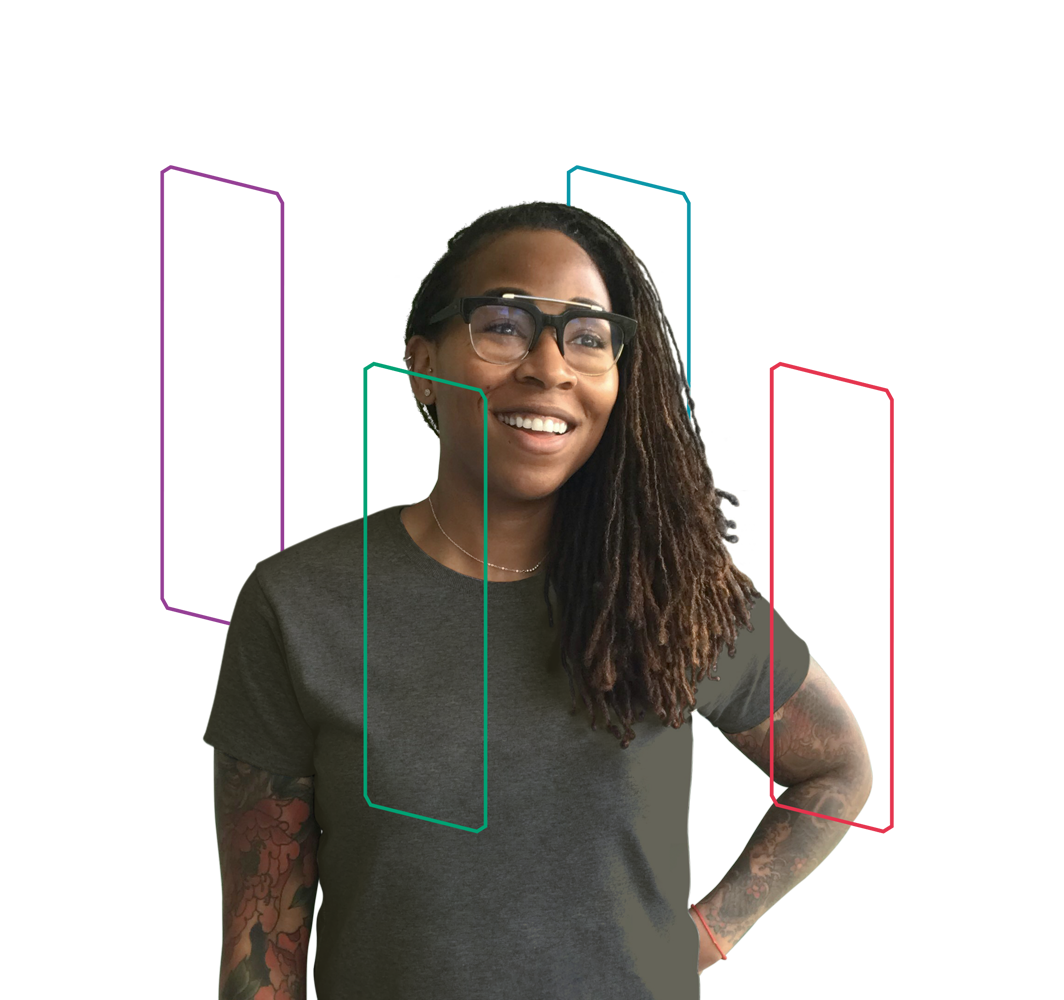“The applauding and the clapping—that’s great. It serves a purpose, but it comes to a point where it’s patronizing and it’s borderline disrespectful. You know, it’s great when I’m walking into work and someone’s clapping. And I go up to the floor and half the floor is crying, the floor is on fire, you know? So why is everyone else at clapping? Like, we need help. There was no thought behind it because if there was, if there was thought behind it, people would have been up on the floors helping us.”
With little more than a five-minute pep talk, cardiology nurse Jackie O’Halloran was pulled from her med-surg stepdown unit and sent to an ICU packed with COVID-19 patients.
Jackie has a decade of experience in nursing, but she did not feel prepared. With her hospital located smack in the middle of a hot zone, the SHIFT was truly hitting the fan. And with the administrators at Jackie’s hospital barely communicating, let alone providing training, the stage was set for disaster. Nurses and patients alike were suffering.
“To see these patients that had been lying prone for, you know, 12, 16 hours … you flip them over and, you know, they don’t even look like themselves. They don’t look human and I don’t think I will ever forget that. And I’m not like a frail, delicate, you know, nurse over here. It was just so overwhelming. I will never forget just their eyes, their lips, everything is so swollen. And I don’t think anyone, anything, anyone has any idea of what we’re doing to their patients.”
Nurses across the country faced similar situations—in Los Angeles, nurses describe being overwhelmed by rising patient counts and medication shortages. In Texas, nurses ran out of ventilators; in New York, PPE. The situation was, and remains, physically, emotionally and mentally draining.
With lives on the line—her own, her patients, and her fellow nurses— Jackie tried first to raise her concerns with administrators, but her efforts to work within the system fell on deaf ears.
So she took the conversation public
In May, Jackie published an article in STAT titled “I’m a nurse in a COVID-19 unit. My hospital’s leaders frighten me more than the virus.” Her compelling first-person account of the COVID-19 crisis, its impact on nurses, and the behavior of administrators has had a global reach.
This was a risk, of course—many hospitals and health care facilities have tried to silence nurses for speaking out about working conditions during the crisis, warning even of potential termination, according to the New York Times.
Nurses in Santa Monica were placed on leave for refusing to work without masks. Some nurses, like Kenisa Barkai of Detroit, were fired, and have since filed lawsuits in response.
Thankfully, Jackie didn’t get written up, suspended or fired, but there’s understandably some tension with her employer. Jackie stands by her actions, though, and she’s actually become even more driven to advocate for nurses based on their response to her piece. Which is why she agreed to come on SHIFT Talk.
We were eager to explore the complex relationship dynamic between nurses and administrators with her. Obviously, this dynamic existed long before COVID-19, and we anticipate it will remain an issue post-pandemic—unless we make a shift.
In trying to communicate her concerns to leadership, Jackie met a lot of the classic roadblocks
In her interview, Jackie describes being met with dismissive, patronizing attitudes and platitudes this spring, as well as an overall lack of communication in her hospital during its first COVID surge about what was happening and why.
“I was frustrated, and I was going into work, you know, day after day, for weeks. And I was looking at my peers around me and every single shift someone was crying. Someone was crying on the way in, someone was crying on the way out. I would float to different floors and I would see the same thing, people crying, and I had been vocal, and several of us had been vocal, and we kind of got the same kind of dismissive attitude.”
She echoed much of what she wrote in her editorial. That nursing, and nurses, are not valued.
In fact, the compassion that nurses feel for their patients can easily be exploited—in both big and small ways, both purposefully and without malintent. Everyone knows that nurses won’t leave an intake incomplete because the patient’s “allotted 15 minutes” are up. Nurses skip their lunch breaks, forget to use the restroom, and work past the ends of their shifts, all in the name of doing what’s right for the patient.
But why does doing what’s right for the patient have to mean putting our own health at risk?
We talked with Jackie about the fact that the issues that create safety concerns for us are often administrative in nature, such as understaffing, a lack of equipment, or the need for more substantial training. Nurses need support from leadership to address these issues and protect both ourselves and our patients. But how can we get these needs met when our administrators won’t listen to us?
Jackie has some terrific ideas that she shares in the episode.
Just bring us to the table
“I don’t think that this is unique to health care, but there’s people at the top, and then there’s people at the bottom, and they’re the ones on the front lines, and they’re doing all the dirty work. And the people at the top are making all the decisions and they affect the people on the bottom. So, you know, we can help streamline care and policies and make sure things are run more effectively, but we need a voice. We need an outlet. We need to be brought to the table.”
To this, we say a resounding yes. Jackie’s message and story illustrate a broader trend in nursing that we’re excited about; no matter the specialty or facility, more nurses are standing up and speaking out. We hate to say there’s a silver lining with COVID, but we can’t deny that the pandemic is forcing many of us find our voice for the first time. And that’s the first step toward getting a true seat at that table. We’re realizing that we can’t just wait around for an invitation, because it may never come.
If you’re thinking, “yeah, but that’s not really me,” then we challenge you to listen to this episode and reconsider with an open mind. Jackie is very convincing.
About the guest
Jackie O’Halloran is a cardiology nurse with nearly 10 years of experience at a leading health system in Massachusetts. Her STAT editorial on the COVID-19 crisis, its impact on nurses, and the responsibility of administrators has had a global reach. Jackie is a strong advocate for patients and for nurses to get the seat at the table they need to drive real change in their organizations. She most recently wrote a piece on the importance of palliative care during COVID-19 and is completing her master’s degree in Health Administration at Regis College.


